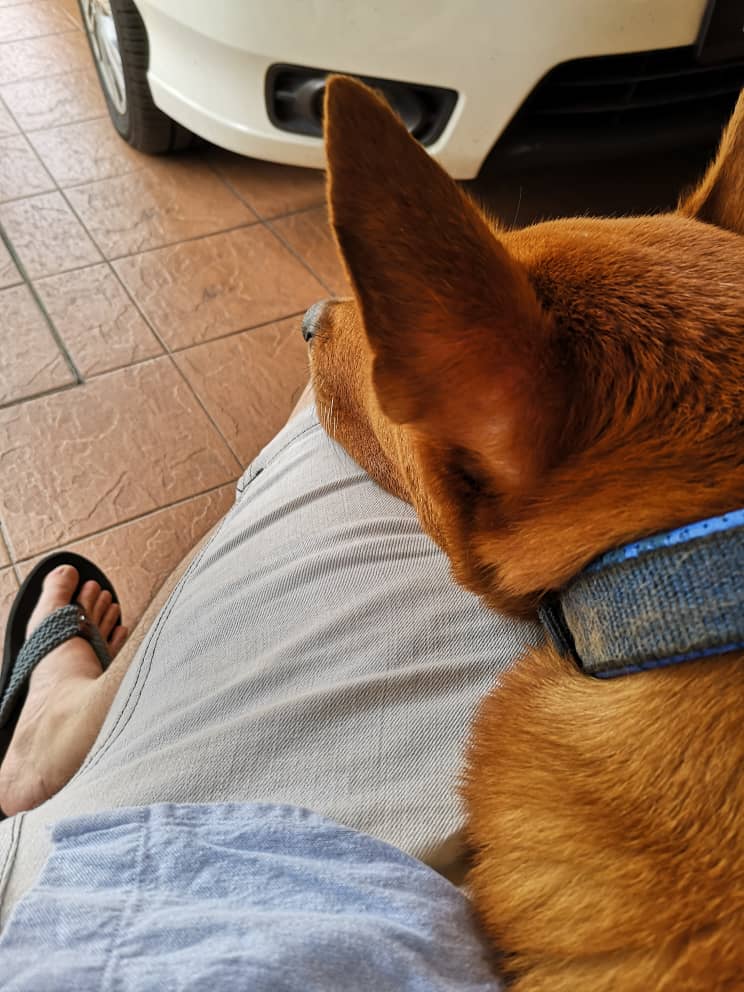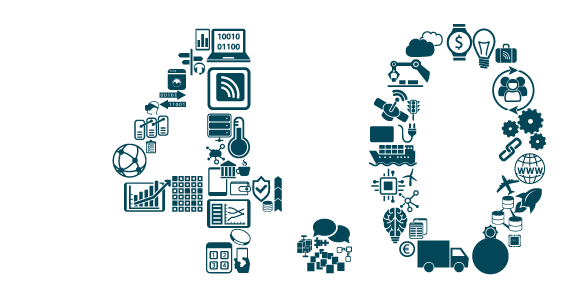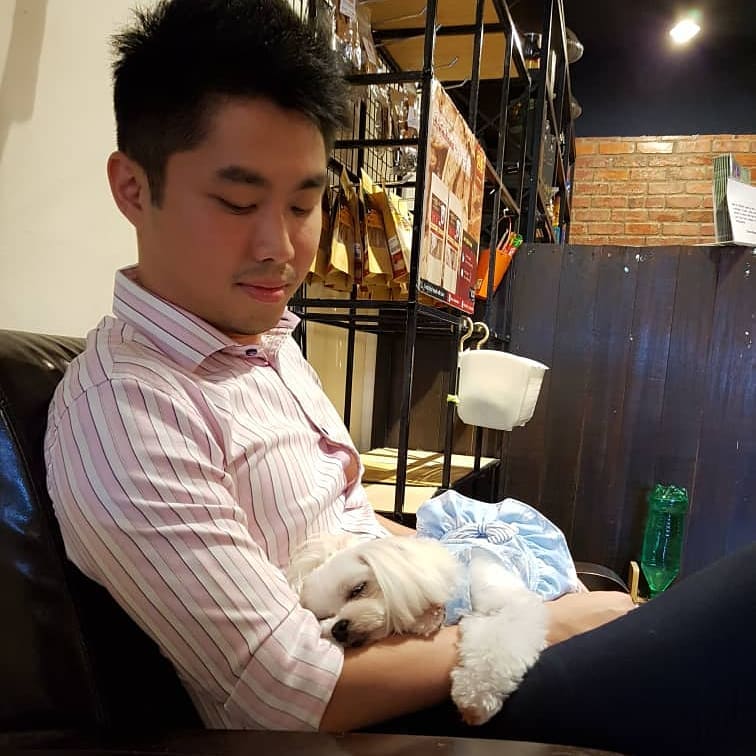As you all may know, I am quite fond of animals. Especially dogs.
Just now, I was filling up petrol into my car when I hear a group of dogs playing and barking at one another in the bushes nearby. A thought crossed my mind about the welfare of dogs, and how they have to live through difficult conditions. I felt a tinge of sadness.

And then I remembered about a night when I was driving along a quiet road. It was dark, but at the side of the road were a pack of dogs walking along. As soon as one of them saw my car, it immediately became aggressive and tried getting ahead. It was trying its best to put itself in front of the car. I remember having a hard time avoiding that dog and trying to get away without hurting it. It was as if that dog had a personal vendetta against my car, or at least, how my car looks like.
What could have driven that dog to perform that irrational behavior, putting itself in danger?
My dog, Mocha.
One of my dogs at home came to our family as a stray. We started to befriend Mocha (his name) when I was operating a small cafe a few years ago. Each morning, he would greet us at our cafe, and would spend his time by laying around the corridor or would interact with us whenever we are seated outside.

When we brought him home, he too displayed rather irrational behavior whenever he is out on walks with me. He would crouch his body, as if being in a defensive position, whenever a motorbike passes by. When it is almost past him, he would leap himself forward just a little, almost like performing a small lunge towards it. This behavior happens almost automatically each time that kind of vehicle passes by him.
My mother related a story to me about a time when Mocha was still living at the compound of our cafe. One evening, as she was seated next to him, two youths on a motorbike rode dangerously close. It was clear that their intention was to taunt him. As they came closer, they tried kicking him. And then they sped off.
In a bid to protect himself in that situation, Mocha was fearful but also had to put up a front of aggression.
I can only wonder what he experienced during all those hours that we did not spend with him. We only caught a glimpse of his life as a stray. And I can also imagine how he had to respond to such situations in order to defend himself when put in such an unfavorable situation.
That seemingly irrational behavior of the dog that put itself in front of my car no longer seems irrational if I could understand more of what it had gone through in life.
Lessons from a dog.
Such behaviors do not only happen in animals. It also happens in us. Most times, we gradually learn how to respond to situations by receiving appropriate feedback and outcomes. This applies to all of our social roles, whether as a family member, friend, co-worker, and so on. For example, I can have a discussion with my schoolteacher when I get marked wrong for a math question. The next time I encounter a similar math question, I am able to do it much better.
But sometimes, we unexpectedly receive overwhelming negative feedback and outcomes that instead leaves a lasting impact on us. Going back to the example of the math question, I could instead be humiliated in front of the classroom for my inadequacy in answering it. A seemingly small challenge is instead met with an outcome that is overwhelmingly disproportionate.
These experiences could leave a lasting impact in how we view ourselves, others, and the world. The mental pieces that we are gradually putting together in building a stable and secure understanding of reality could instead be bulldozed by a traumatic experience.
The unknowing habits.
While there may be some of us who could display signs of trauma very obviously, most of us do not. As much as we think these events of the past do not bother us anymore, it creeps unto us unknowingly. It shows itself and is labeled as personality quirks, preferred behavior, or habits.
For example, behaviors labeled as “stingy” could instead stem from a family background of financial constraint. A personality that is quick to anger may have developed through a schooling environment to which aggression is a way to get by. A habit of being dependent on a romantic partner could instead be explained by a childhood home to which parents were often absent.
Examples of unknowing habits by the Average Joe could go on and on.
What are you going to do about it?
Both you and I have distinct differences compared to Mocha’s seemingly automatic response to a passing bike. Compared to him, we have the ability for deep introspection on the causes of our behavior, to examine available options for behavior change, and to practice freedom of choice in implementing those changes.
The mental faculties that we have has brought us great innovation in technology and the way we live. Our psychological and social well-being can similarly be improved by applying those same faculties.

We do not have fixed destinies. Past experience allows us to learn how to think and behave in daily life. Similarly, we can set up a path of present and future experiences to which we can learn new ways of thinking and behaving. Reality is completely changeable if we allow it to be so.
The question is: is the doer willing to exert time and effort in addressing this?
Making the unknown, known.
In all likelihood, the person engaging in an unhelpful habit would have the awareness that such a habit is unhelpful. Behaviors that do not serve us well can be noticed when it does not give added value.
We can further improve our insight into this by taking on a more active role in auditing our habits. We could elicit regular feedback from others, and take time to reflect and journal. I believe this is vital.
However, there are also unhelpful habits that could be out of one’s awareness. Despite all indications of a behavior being unhelpful to oneself, a person could continuously and unknowingly behave in ways which are detrimental to the self.
In this case, I believe that professional services in the form of a therapist can be most helpful. As a user of such services, I have received immense benefits of developing self-awareness and insight. I wouldn’t otherwise accomplish that through self-reflection alone. While it may feel like digging into a mixed bag, getting to the right therapist can be a transformative experience.
It could be a personal habit of mine, but I do find it an exciting endeavor in making the unknown, known. A hunch tells me that you would similarly enjoy such an endeavor too.











